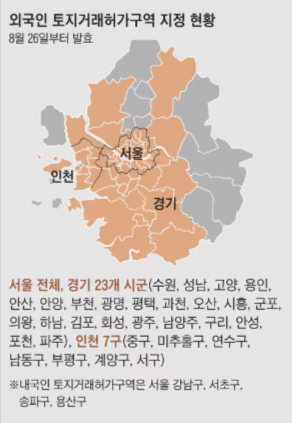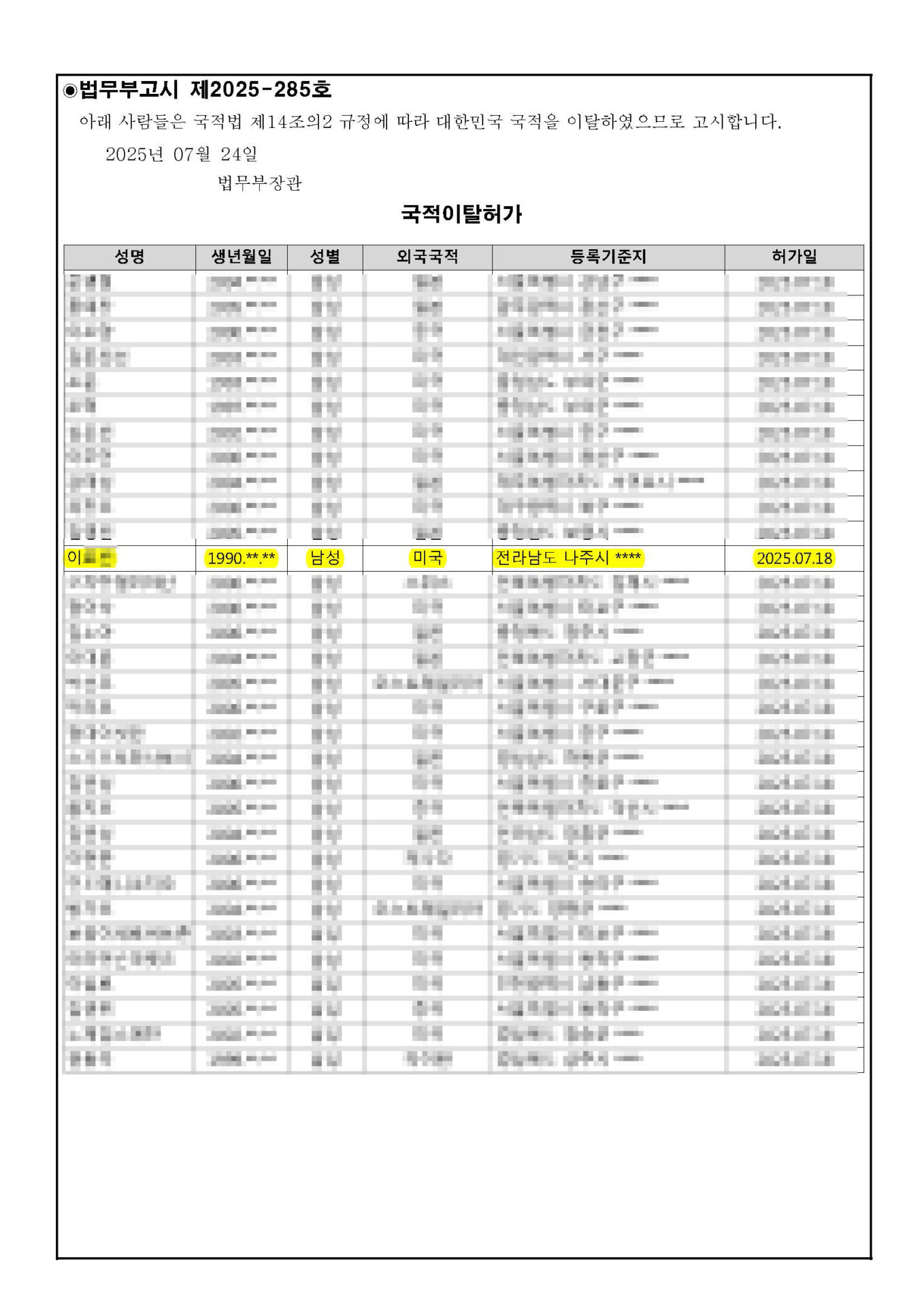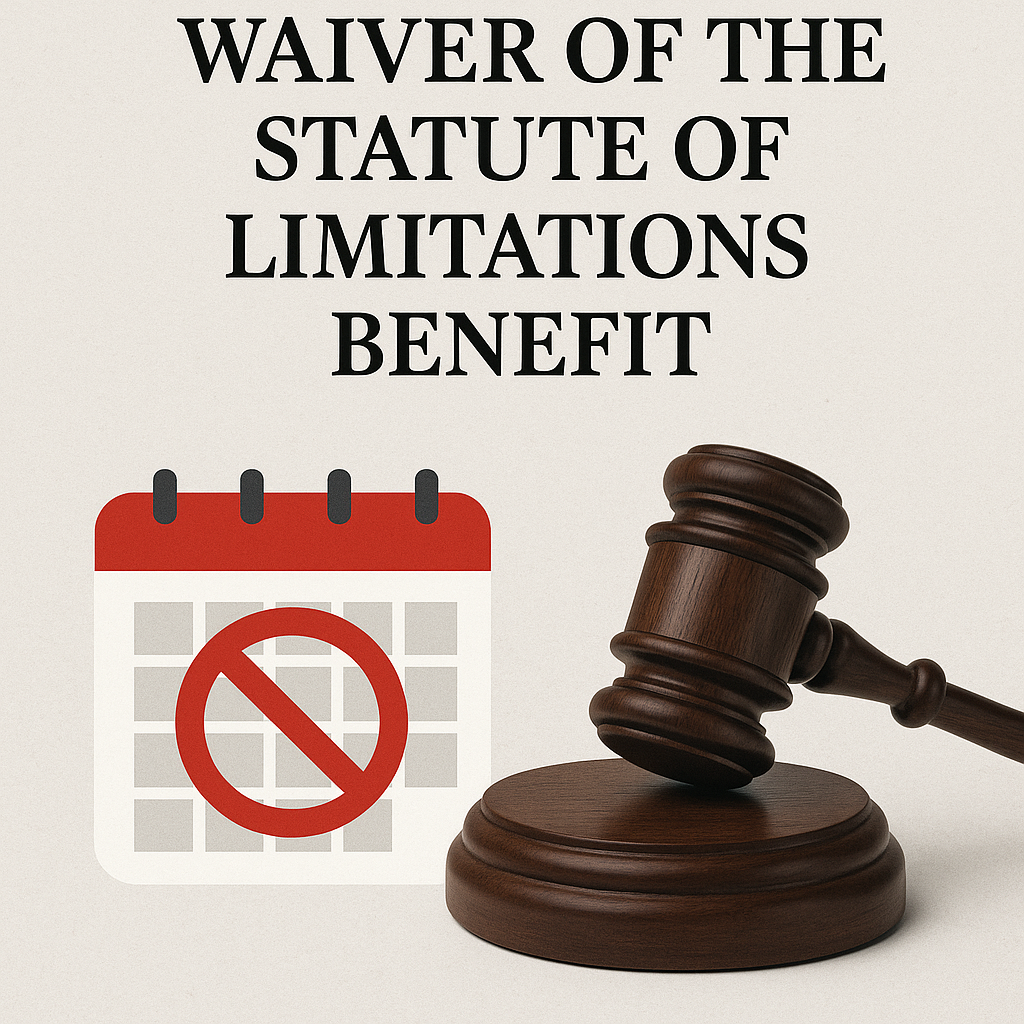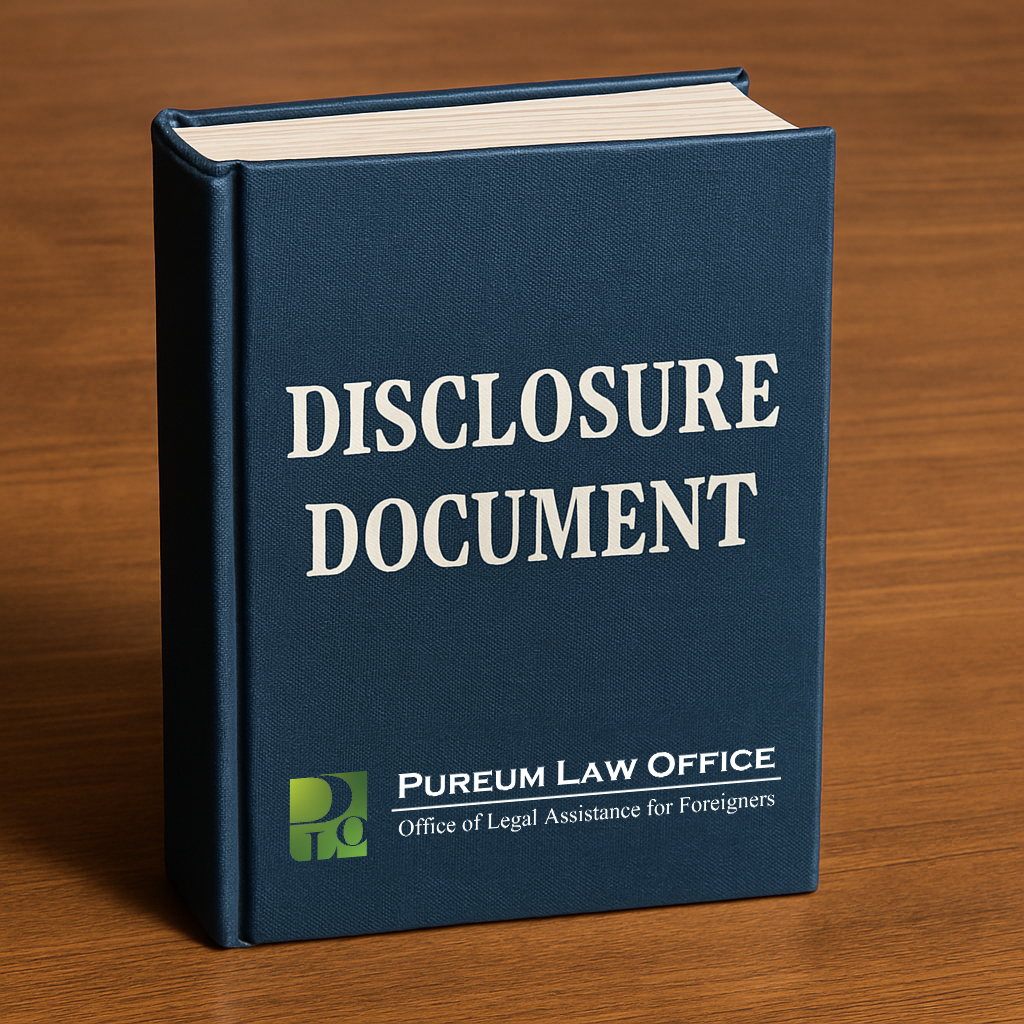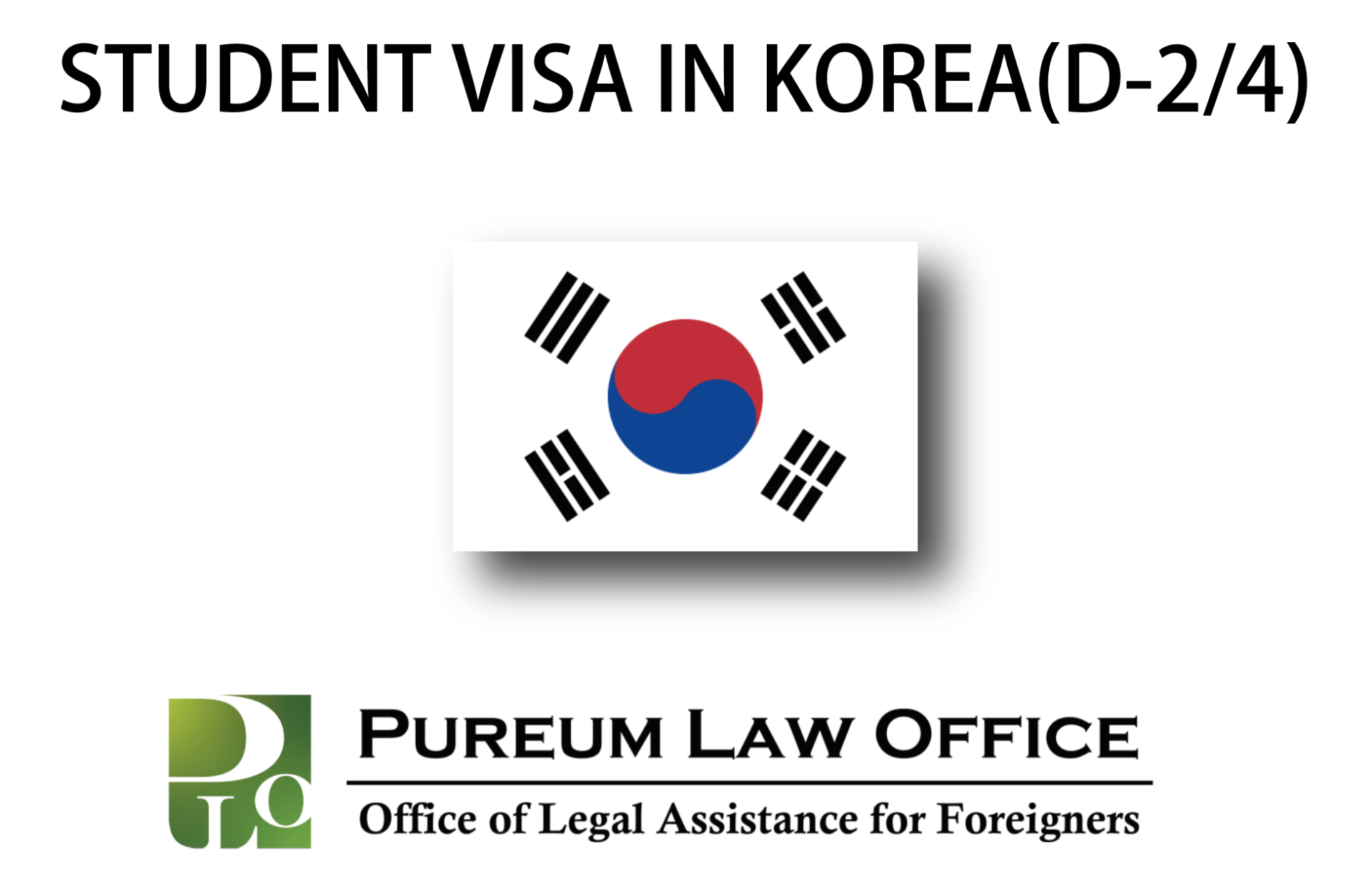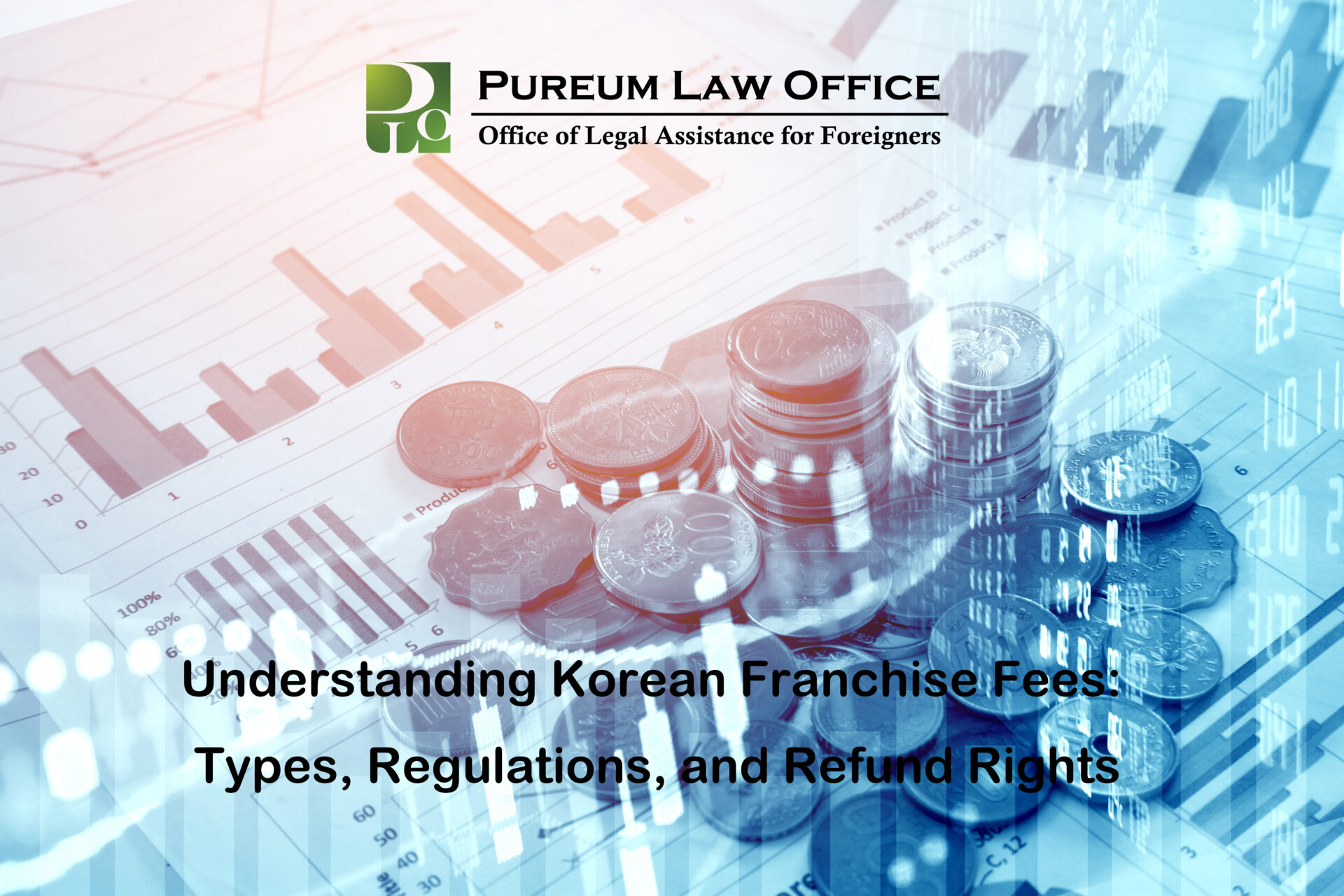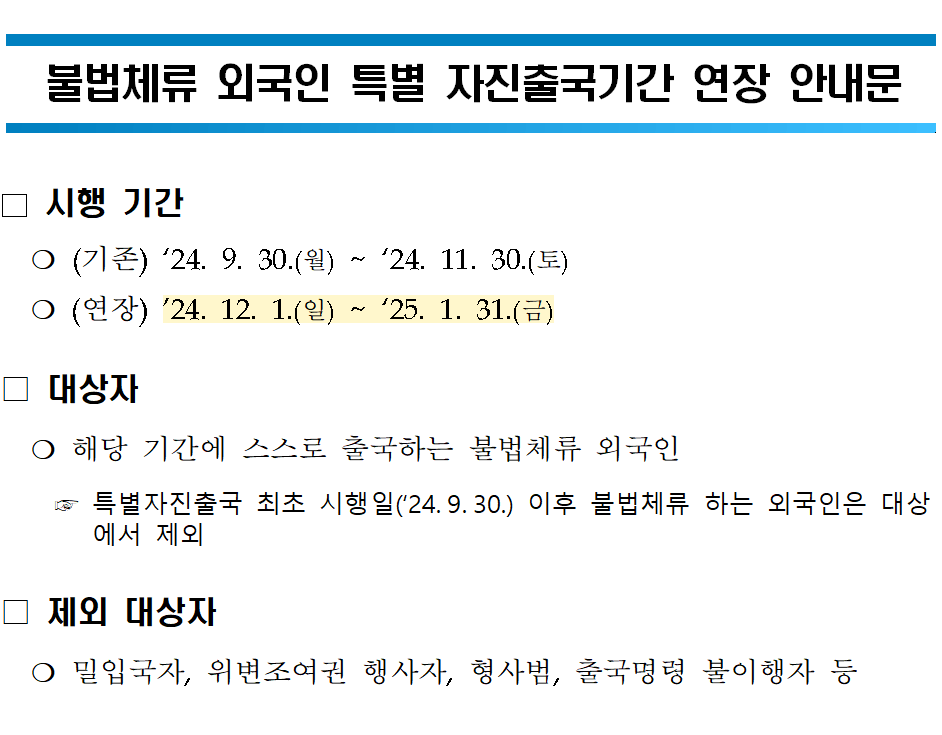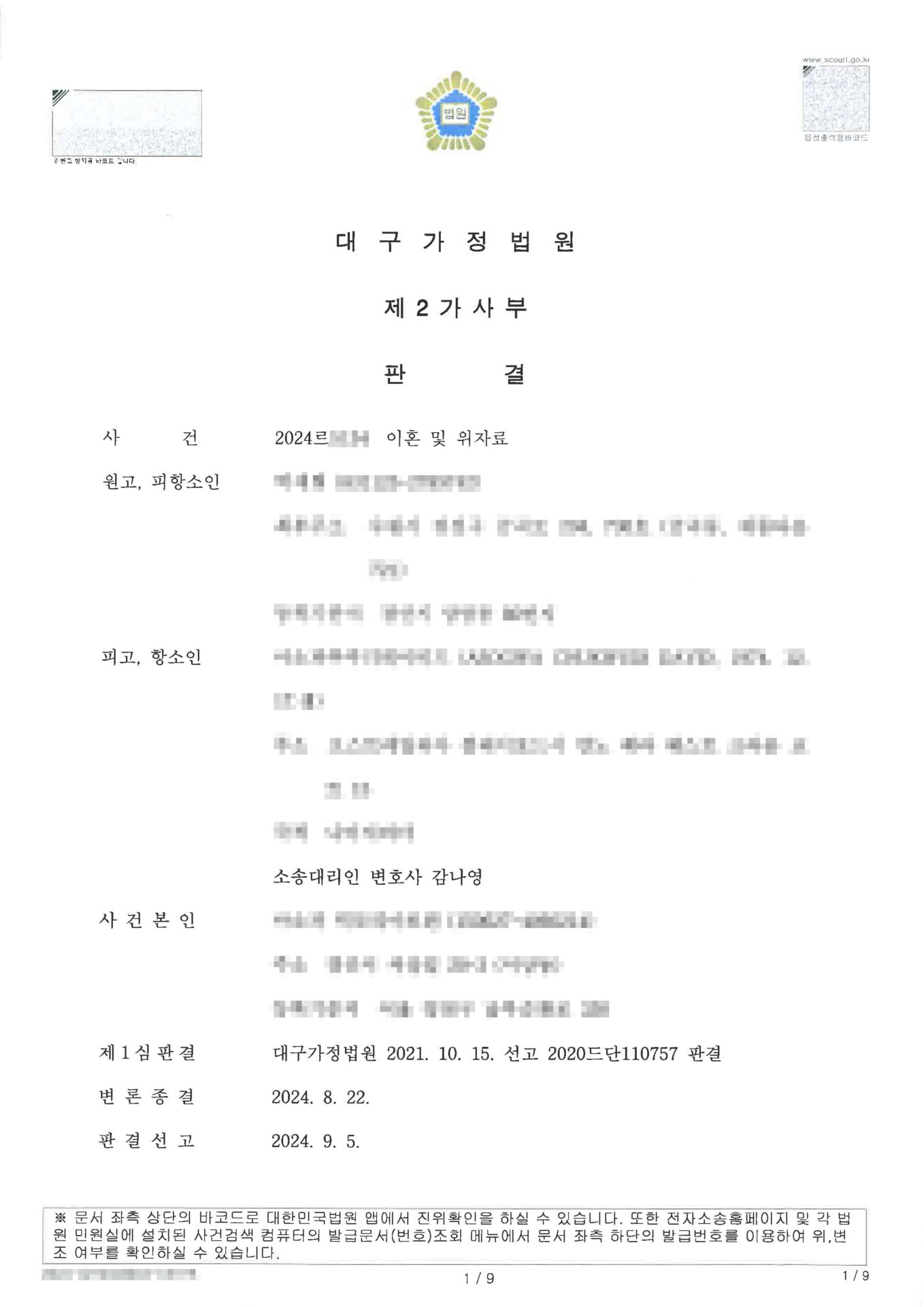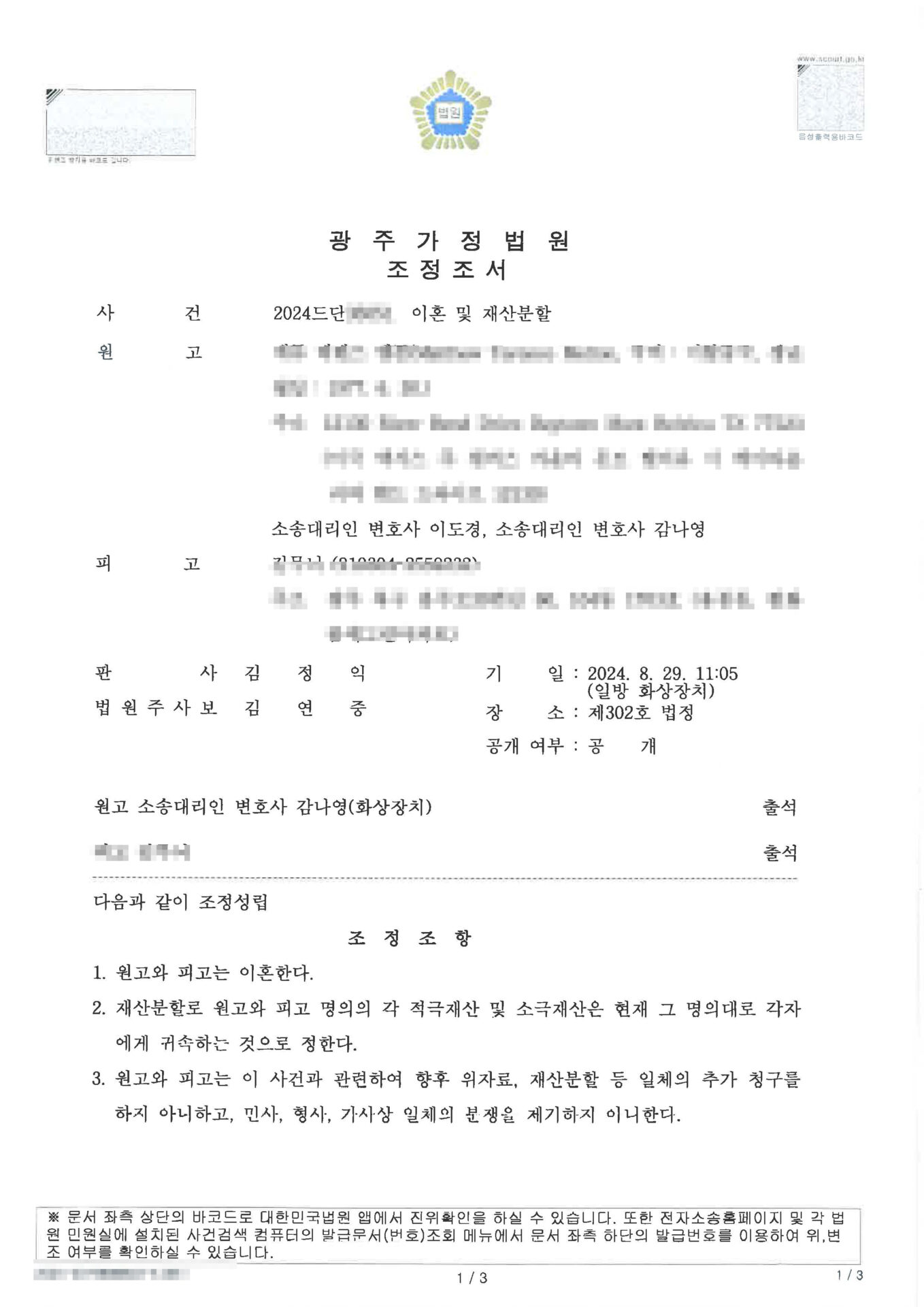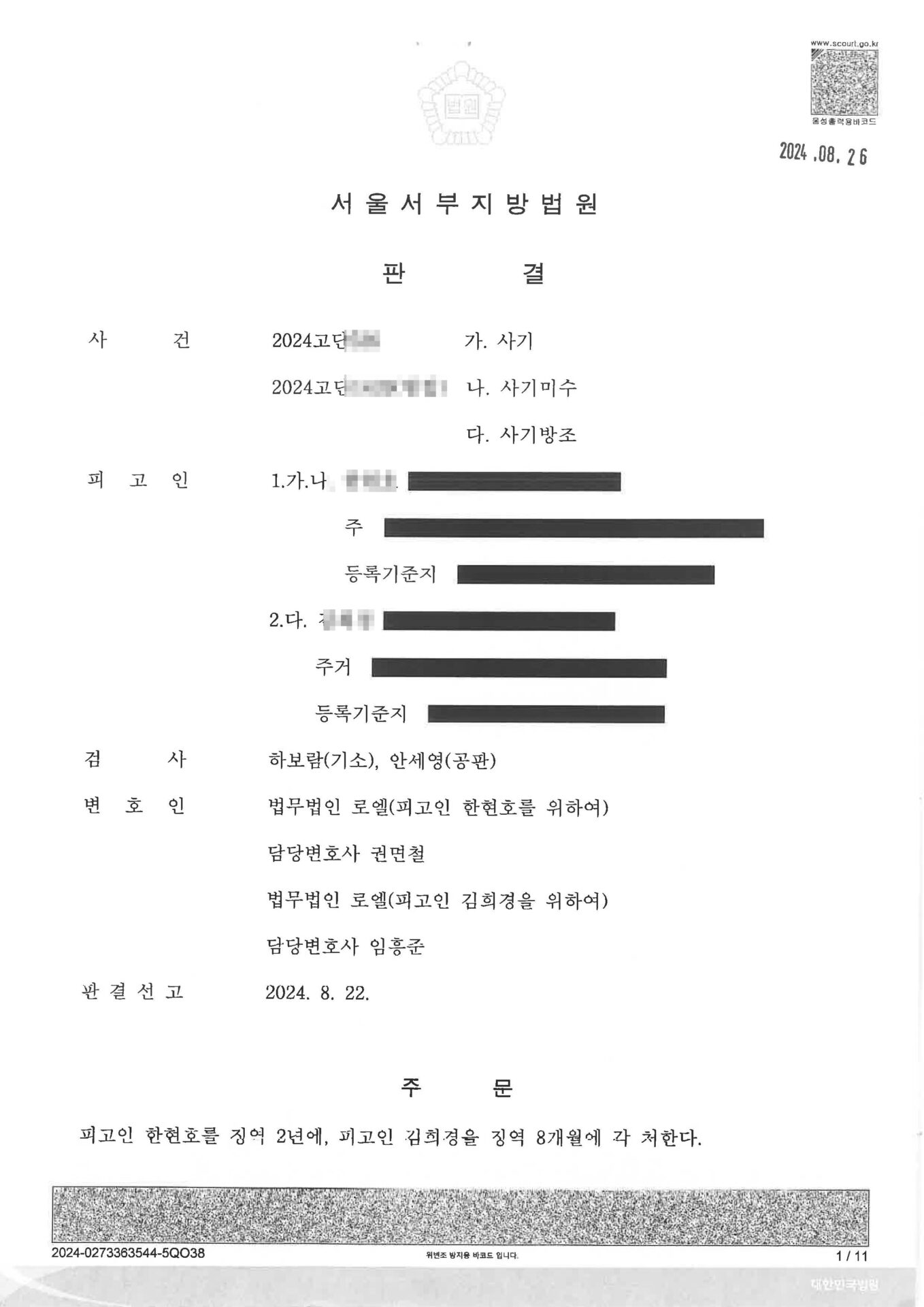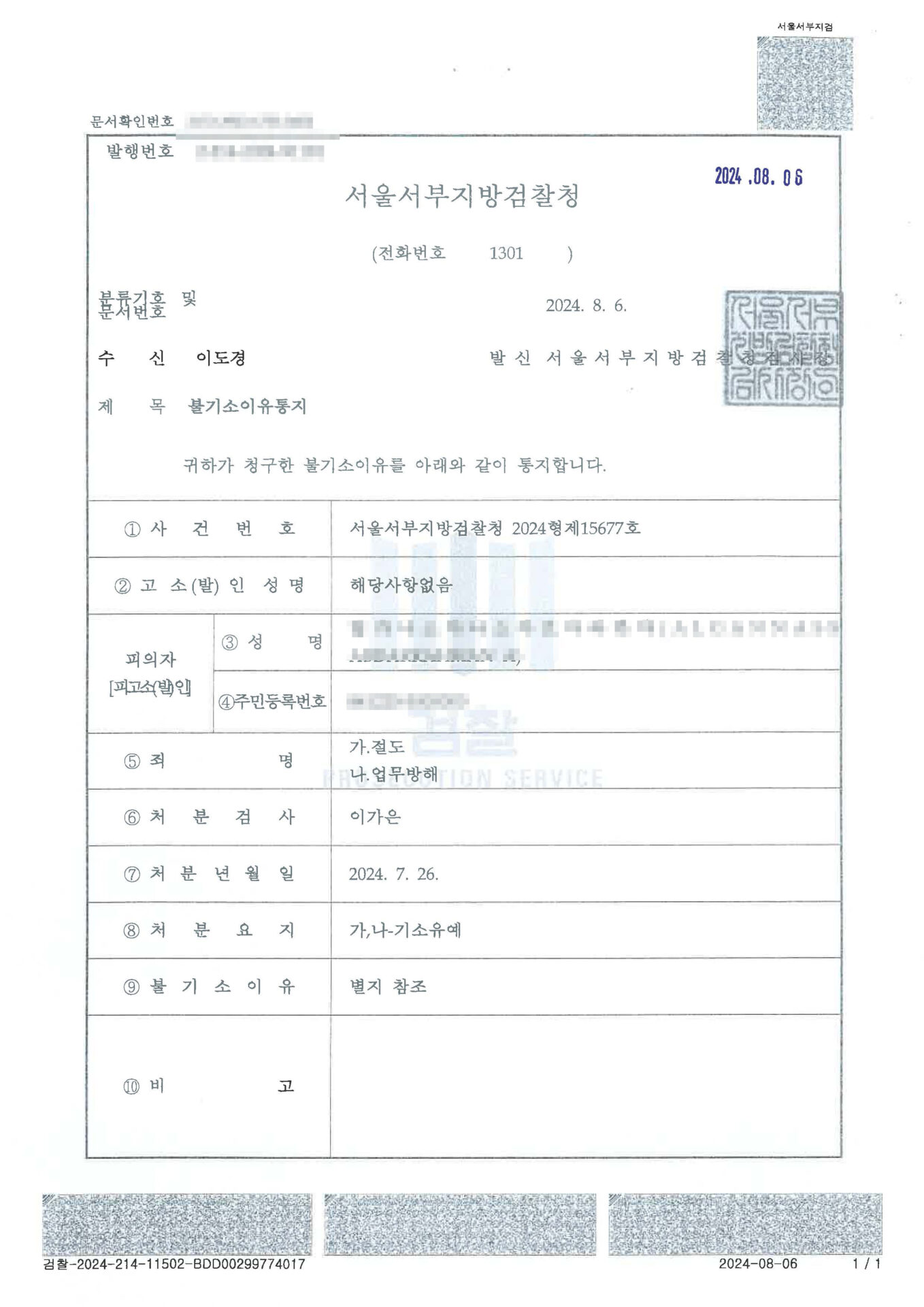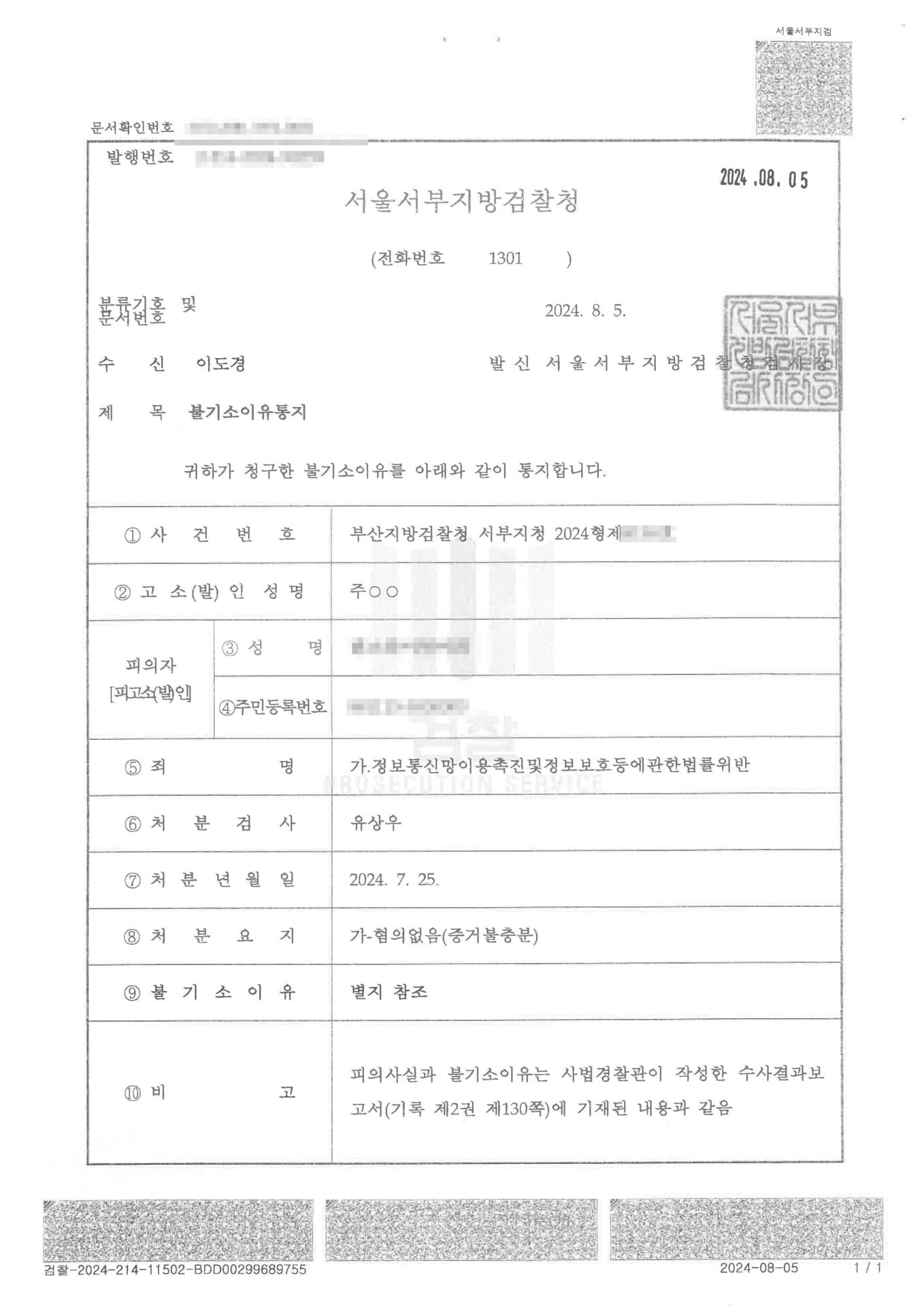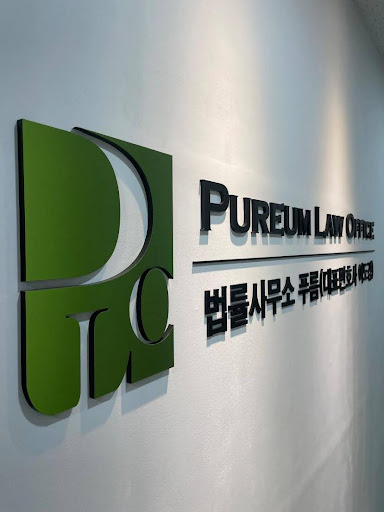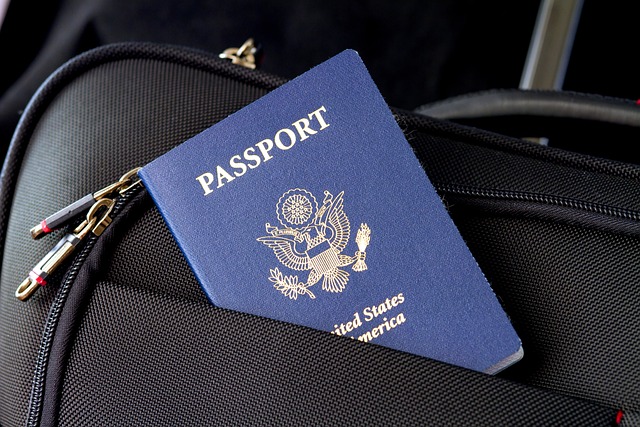Recognition of Foreign Divorce Decree in California
When couples go through a divorce in a foreign country, such as South Korea, it’s common to wonder whether that divorce will be recognized in California. This is particularly important when issues like child custody, spousal support, or remarriage arise. In this post, we explain how California courts handle the recognition of foreign divorce decrees, what legal requirements must be met, and the steps you can take to ensure your divorce is valid in California.
Legal Basis for Recognition of Foreign Divorce Decree
California generally follows the principle of comity—a legal doctrine under which courts recognize and respect foreign legal decisions, so long as they were issued fairly and do not violate public policy.
For a foreign divorce to be recognized in California, the following must be true:
- The foreign court had proper jurisdiction, usually based on residence or nationality.
- Both parties were given notice and an opportunity to be heard.
- The decree does not conflict with California’s public policy.
The landmark U.S. case Hilton v. Guyot affirms this principle nationwide. In California specifically, Code of Civil Procedure §1723 and case law like Manco Contracting Co. v. Bezdikian support comity-based recognition of foreign judgments, including divorces.
Residency and Domicile Requirements in California
Under California Family Code §2320, at least one spouse must have been:
- A resident of California for 6 months, and
- A resident of the county where the petition was filed for 3 months.
If both spouses were domiciled in California at the time the foreign divorce was initiated, California will not recognize the foreign decree (§2091). A person’s domicile is defined as their primary, permanent home, with intent to return, even if temporarily absent (§1138.25).
Exceptions and Special Considerations
A Korean divorce decree may not be recognized in California if:
- Both spouses were living in California at the time of the divorce filing.
- The foreign proceeding lacked due process.
- The ruling contradicts California’s public interest or laws.
Even if one spouse had temporarily left California, they may still be considered domiciled here under Family Code §2092, depending on the timing of their departure and return.
Child Custody and Support Orders
Child custody and child support rulings included in a foreign divorce must be registered in California under the Uniform Child Custody Jurisdiction and Enforcement Act (UCCJEA). According to Family Code §§3443 and 3445, registration requires:
- A request letter (e.g., Form FL-580),
- Two copies of the foreign custody order (one certified),
- A statement that the order hasn’t been modified, and
- Contact information for all involved parties.
Without proper registration, these custody orders cannot be enforced in California—even if the divorce itself is recognized.
Step-by-Step Guide to Recognition and Enforcement
If you are seeking recognition of a Korean (or other foreign) divorce in California, here’s what to do:
- Confirm jurisdiction of the foreign court.
- Ensure procedural fairness—was the other party notified and given a chance to respond?
- Check for any conflicts with California’s public policy.
- Assess residency/domicile status at the time of divorce.
- Register child custody or support orders, if applicable.
If all conditions are met, California courts generally respect and enforce the foreign decree under comity.
When Is a Separate California Proceeding Required?
If your Korean divorce did not address custody or support issues—or if you now seek modification—you may need to file a new case in California. Legal advice is essential to avoid procedural missteps that can delay or invalidate enforcement.
Conclusion: Let Us Help
Recognition of a foreign divorce decree in California can be legally complex, especially when dealing with custody, residency, or conflicting laws. At Pureum Law Office, we’re here to help you navigate the process with confidence and clarity.
Whether you’re registering a Korean divorce, contesting a foreign judgment, or preparing for a new filing in California, our team can assist every step of the way.
📩 Email us at ask@pureumlawoffice.com with your questions.
Let us help.
























